2022-10-11 09:07
DHL Global Forwarding and Hapag-Lloyd Clean up 6000kg of Trash
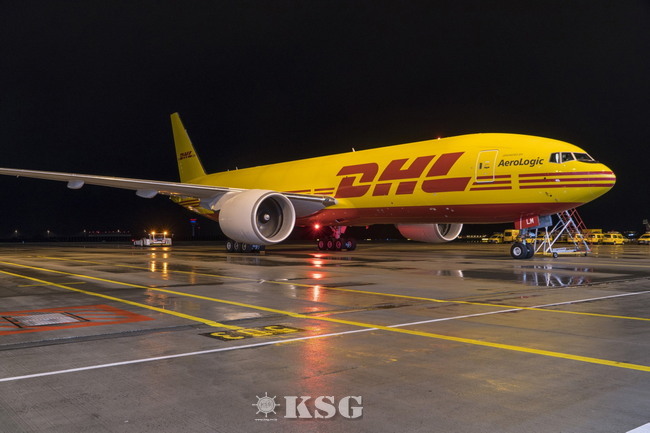
To mark this year's International Coastal Clean-up (ICC) Day, teams from DHL Global Forwarding Middle East & Africa, India, and Pakistan partnered with shipping operator Hapag-Lloyd Middle East to pull 6,000 kg of trash from coastlines across six countries. Using the tagline, 'Turning the tide on trash', the two companies joined forces to help reduce plastic pollution and protect marine life.
Over 800 volunteers from both companies rallied to clean up coastlines in Nigeria, Ghana, Kenya, Dubai, India, and Pakistan. The initiative also formed part of DHL's social impact initiatives that support the 17 UN Sustainable Development Goals (SDGs) and formed part of the Group's annual Global Volunteering Day. Kelvin Leung, CEO of DHL Global Forwarding Asia Pacific, said, "True to our purpose of connecting people, improving lives, every effort in protecting our oceans and coastlines is one step closer to a greener future. This coastal clean-up is made more meaningful because we've joined hands with a like-minded partner Hapag-Lloyd. Decarbonizing the world's oceans is a mission that we have to keep pressing on as we work together with partners, customers, and the industry to achieve net zero carbon by 2050."
International Coastal Clean-up Day is the largest drive of its kind since launching in 1986. It has since galvanized over 6 million clean-up volunteers in over 100 countries. Each year thousands of tons of garbage make their way to the oceans, with plastics constituting at least 60%. The polluted water harms the marine ecosystem and humans and impacts the livelihoods of those working at sea. Tourism and recreation also suffer, causing significant economic damage to many countries.
To showcase its commitment to the ICC initiative, DHL volunteers on the day wore t-shirts made of recycled plastic. Producing each t-shirt requires 25 plastic bottles of 500ml. Key activities included the arrangement of separate bins in workspaces and communities, coordinating the collection and depositing of waste at recycling plants, and commissioning the production of items made from recycled material.
For example, in Kenya, the recycling plant will produce buckets, basins, jerrycans and plumbing products from plastic waste. Ghana will turn the waste into recycled plastic lumber to construct benches. Dheeraj Bhatia, Senior Managing Director of Hapag-Lloyd Middle East and Africa, said, "Decarbonization is the top focus in the sustainable development of our industry. It is also vital that we pay adequate attention to sustainable living on the landside and our surroundings through efforts such as the one we recently took jointly with DHL.
< Korea Shipping Gazette >
많이 본 기사
- “해양관광대국 초석 다진다” 해양레저관광협회 공식 출범CMA CGM, 美 항만운영사 설립…터미널 10곳 묶는다북극항로 민관협의회 출범 “9월 시범운항”해수부 출입 해운기자단, 해사신문 윤여상 국장에 감사패 전달KSS해운, BGN·태국석유공사와 VLGC 7척 장기계약‘부산 환적·광양 수출입’ 컨물동량 1%대 성장삼성중공업, 지난해 영업익 8622억 달성…12년來 최대정기선 HD현대 회장, 印 모디 총리 만나 합작조선소 건립 논의日 MOL, HD한국조선해양에 액화이산화탄소 운반선 2척 발주한진, ‘물류 바탕’ 전방위 ESG 경영 확산
- 인사/ 한국해양수산개발원케이조선, 5만t급 화학제품운반선 4척 수주…2900억 규모한국해양교통안전공단 이사장 공개 모집콜드체인協, 제11기 콜드체인관리사 양성과정 모집태웅로직스, 이천 풀필먼트센터 구축…이커머스 물류 진출목포해大 최부홍 신임 총장 “학생·지역·국가에 책무 다할 터”국제물류협회, 마이스터고 대상 ‘영마이스터 물류캠프’ 운영인사/ 해양수산부부산항 컨테이너 물동량 2488만TEU…최대치 경신엑소텍, 프랑스서 물류 자동화 행사 ‘엑소서밋 2026’ 개최
스케줄 많이 검색한 항구





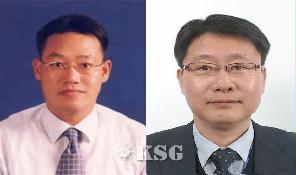



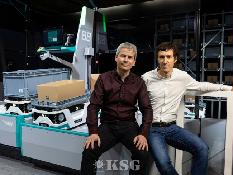
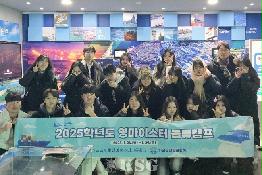
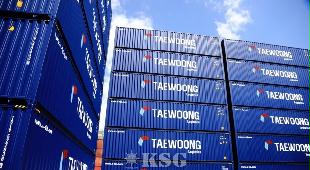
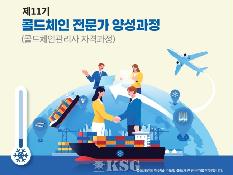
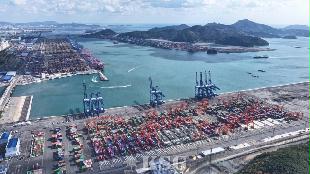
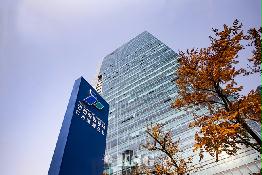
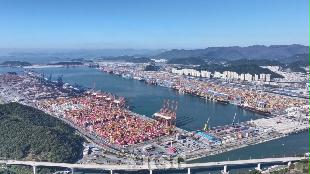
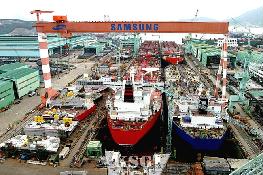
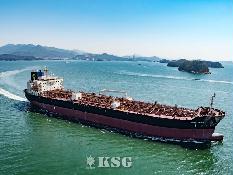
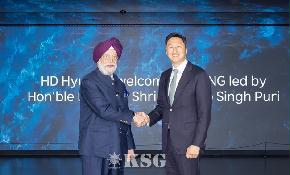
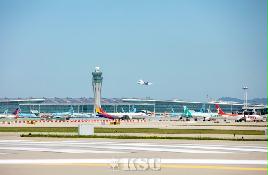
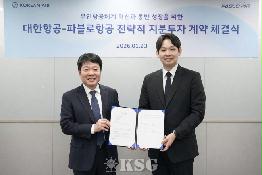
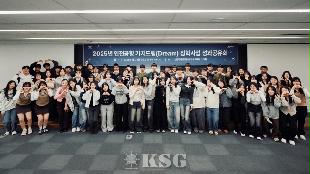
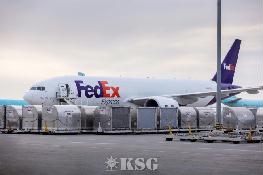
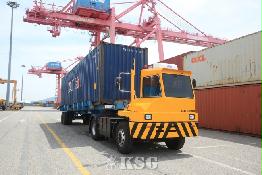
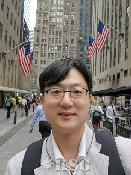
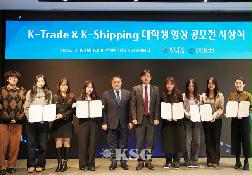
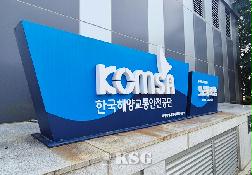
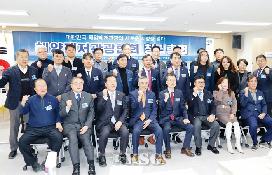
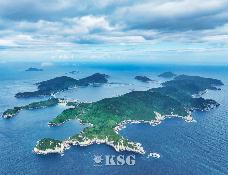
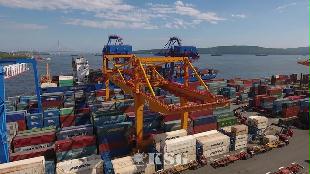
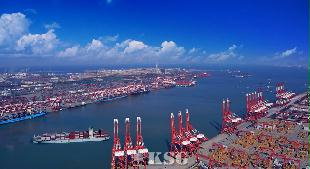
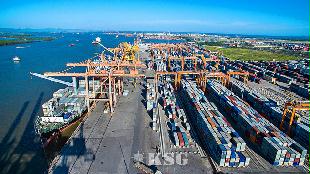
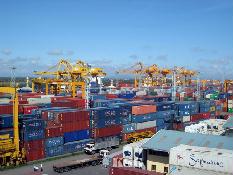





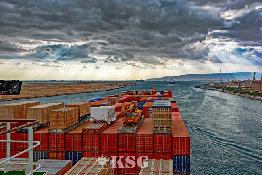
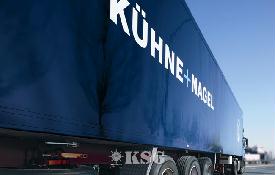
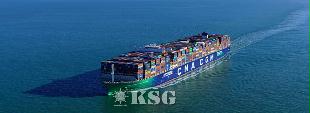
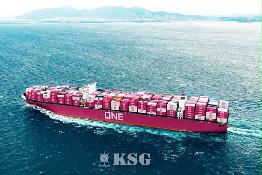
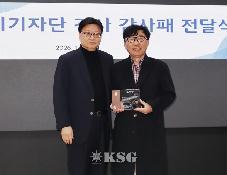
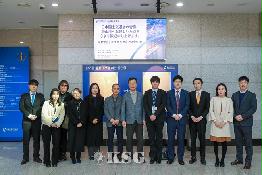




















0/250
확인